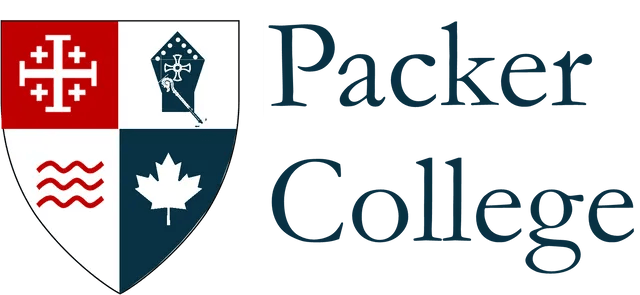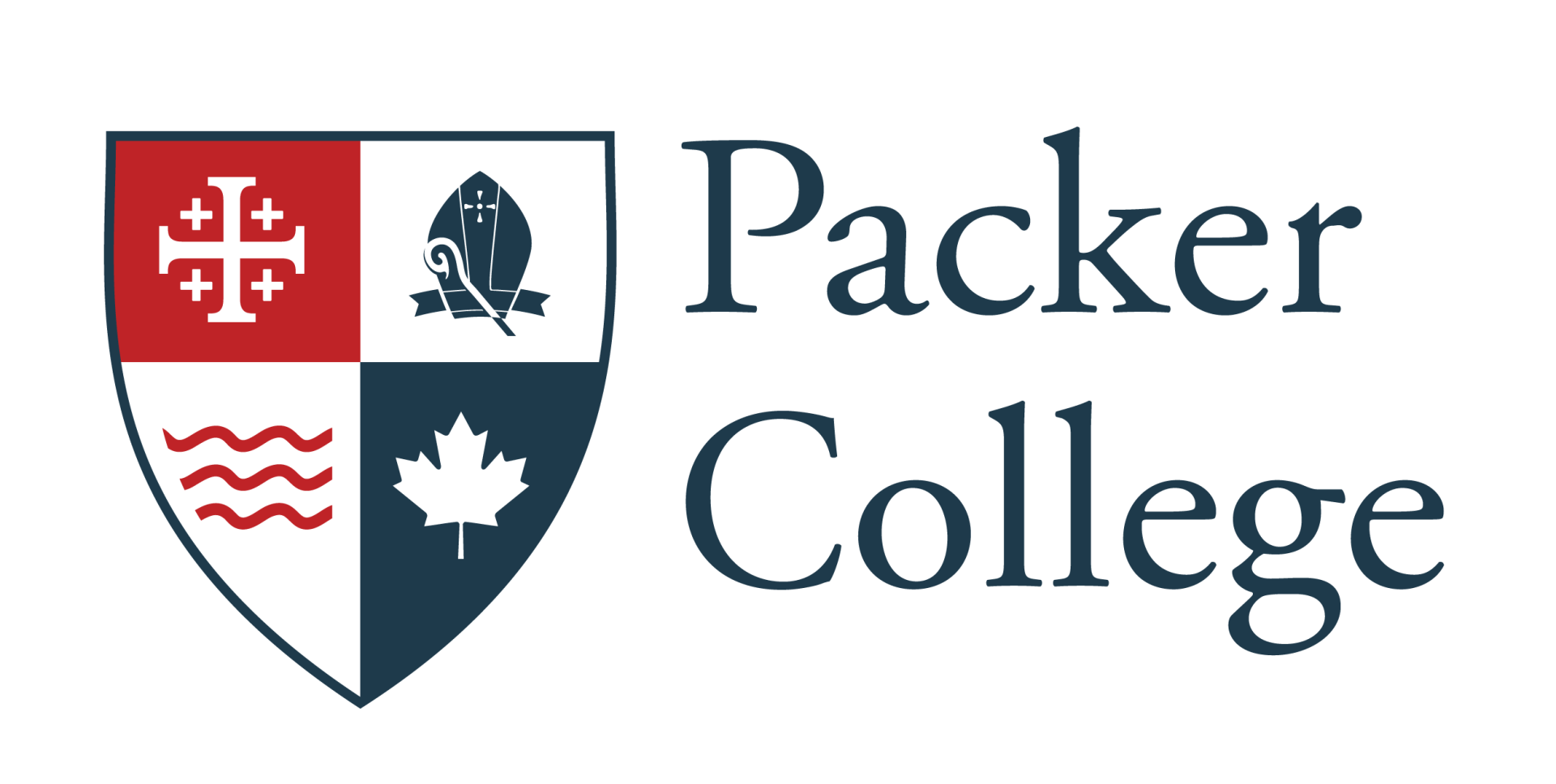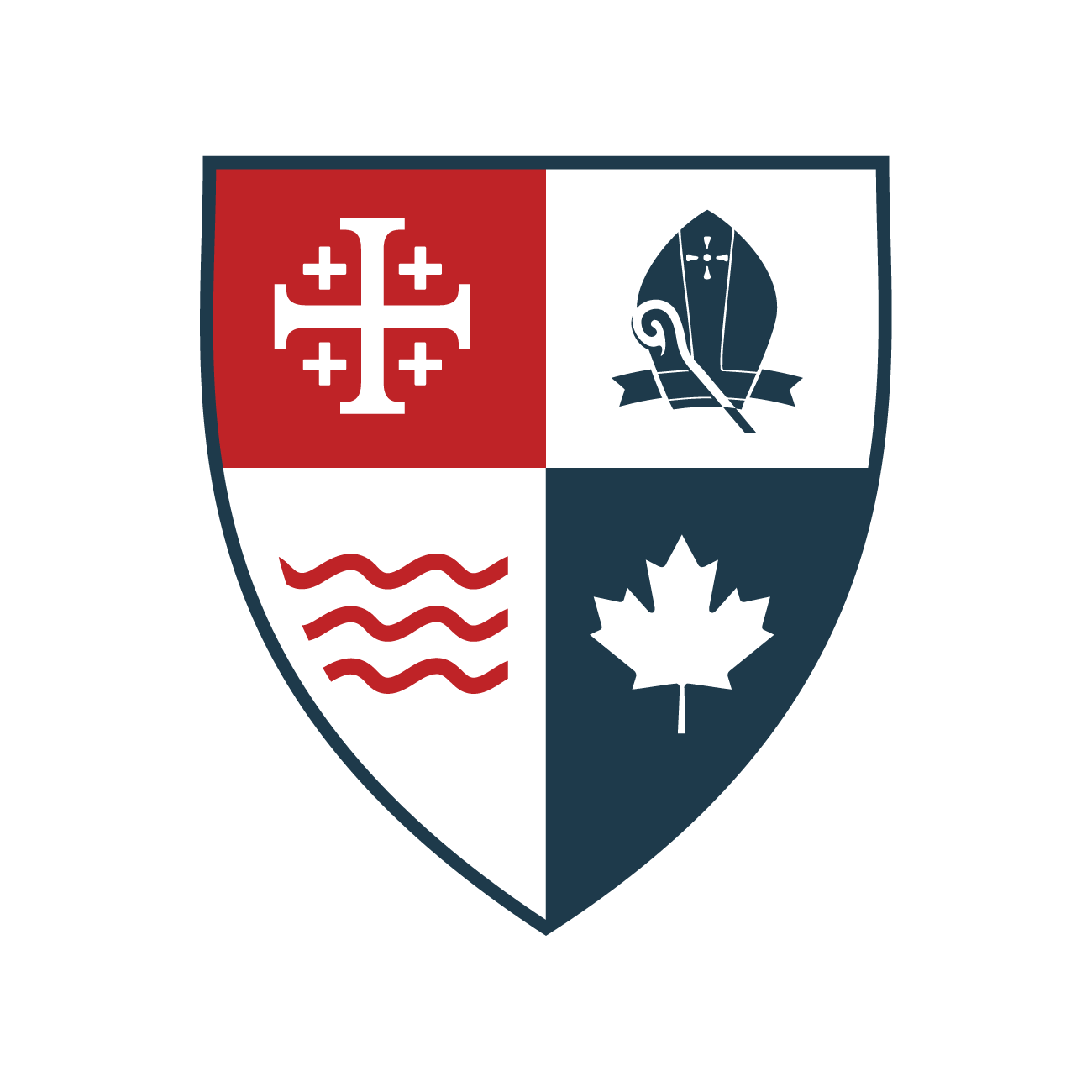ACADEMICS
DIACONAL MINISTRY PROGRAM
Online
Purpose
This certificate program provides postulants for the permanent diaconate affordable and accessible training for ministry in the Anglican Diocese of Canada. The program has been accepted by the Bishop as meeting the academic requirements of ordination within the diocese.
Learning Outcomes
Graduates will:
1. Practice Biblical Interpretation: Apply exegesis methods to interpret and analyze biblical texts accurately, considering historical, literary, and theological contexts.
2. Articulate Biblical Knowledge: Demonstrate a thorough understanding of the Old and New Testaments, including central narratives, themes, and theological concepts.
3. Articulate Theological Understanding: Articulate the major doctrines of the Christian faith as summarized in the Catechism of the Anglican Church of North America.
4. Understand Anglican History: Trace the historical development of the Christian Church, focusing on some of the key events, figures, and movements that have shaped Anglican identity and practice.
5. Embrace Anglican Ecclesiology: Explain the nature of the church from an Anglican perspective, including the structure, governance, and organizational principles of the Anglican Church.
6. Demonstrate Sacramental Understanding: Understand the theological significance and practical administration of sacraments.
7. Practice Biblical Preaching: Develop and deliver sermons that are biblically sound, theologically informed, and relevant to contemporary congregational needs.
8. Provide Pastoral Care: Provide compassionate, effective, and ethical pastoral care to individuals and families, addressing spiritual, emotional, and practical needs.
10. Lead Prayer Book Liturgies: Lead Anglican liturgies with an understanding of their historical roots, theological meaning, and practical application in worship, especially services of morning and evening prayer, baptism, marriage, and burial.
11. Practice Catechesis: Teach the catechism with confidence and effectiveness.
12. Appreciate Diaconal Ministry: Learn about the diaconate's historical and theological foundations, including its role and function within the Anglican tradition, how it differs from the orders of priests and bishops, and its unique role in evangelism and ministry to the marginalized.
Structure
The two-year program consists of 10 online courses. Five courses are scheduled yearly, each lasting six weeks. Classes are typically taught two hours weekly (plus reading and written assignments) for six consecutive Saturdays via live video link. Students should expect to invest about 8-10 hours weekly in attending classes and completing course requirements.
Academic Credit
The courses of the Diaconal program are non-credit and non-transferable to any other Packer seminary program.
Assessment
Courses are Pass/Fail. At the end of a course, the instructor will award one of two grades:
- Pass: Certifies that the student has satisfactorily achieved the course's learning outcomes.
- Not Passed: This indicates that the student still needs to achieve the course's learning outcomes satisfactorily. Students then have up to five weeks after the end of the course to address any deficiencies. Students who don’t address the deficiencies by the end of those five weeks will receive a Not Passed grade and must re-take the course the next time it is offered.
Tuition
The program costs $300 per course for a total of $3,000. Payment is due for each course by the first day of classes.
Requirements for Admission
To be admitted to the diaconal training program, applicants must apply to enter the program, and have a letter of approval to undertake studies from their diocesan bishop, a suffragan bishop, or the Diocesan Ordination Chaplain, which should be sent to the Director of the Diaconal Program.
Requirements for Graduation
- Pass all ten required courses.
- Complete Field Education placements concurrent with academic studies.
- Students must consistently participate in their parish’s Sunday services and pray the Daily Office from the Book of Common Prayer.
Course of Study
- Old Testament Survey
- New Testament Survey
- Reading and Interpreting the Bible
- Theology of the Catechism
- Church History Survey
- Introduction to the Diaconate
- Biblical Preaching
- Giving Pastoral Care
- Church, Ministry, and Sacraments
- Leading Prayer Book Liturgies
Field Education Requirements
Postulants for the diaconate complete Field Education assignments concurrent with their academic studies. Field Education activities could include:
- Preaching and Homiletics: Opportunities to preach, with feedback and evaluation from supervisors or mentors.
- Liturgical Participation: Active participation in leading liturgical services, including reading scriptures, leading prayers, and assisting in sacraments.
- Pastoral Care Experience: Engagement in pastoral care activities, such as hospital visits, counselling, and supporting needy parishioners.
- Educational Ministry: Teaching or leading Christian education programs, such as Bible studies, catechesis, or confirmation classes.
- Administration and Church Governance: Experience in church administration, including attending parish council meetings, managing parish communications, or assisting with church finances.
- Youth and Family Ministry: Involvement in programs geared towards youth and families, such as Sunday school, youth groups, or family counselling.
- Elder Care and Ministry to the Aging: Engagement with ministry to the elderly, including visits to nursing homes, organizing senior activities, and providing spiritual support.
- Mission and Evangelism: Practical experience in evangelistic outreach and mission work, both locally and abroad, including organizing and leading mission trips.
- Small Group Facilitation: Leading or facilitating small Bible study or fellowship groups within the church, fostering community and spiritual growth.
- Worship Planning and Coordination: Participation in planning and coordinating worship services, including special liturgies and seasonal observances.
- Specialized Ministry Exposure: Exposure to specific ministries, such as prison chaplaincy, hospital chaplaincy, or campus ministry, to broaden understanding of different ministry contexts.
Course Descriptions
Reading and Interpreting the Bible
This course explores methods and principles of biblical interpretation, equipping students with essential tools to interpret Scripture within its historical, literary, and theological contexts.
Old Testament Survey
A comprehensive overview of the Old Testament, focusing on key narratives, themes, and theological concepts from Genesis through Malachi.
New Testament Survey
This course introduces the New Testament, examining the life and teachings of Jesus, the early church, and the epistles within their historical and cultural settings.
Theology of the Catechism
Delve into the Theology of the Catechism, mastering its content to confidently instruct and guide others in understanding and living out its teachings.
Church History Survey
An exploration of major events, figures, and movements in Christian history, emphasizing their impact on the development of the Anglican tradition.
Introduction to the Diaconate
"Introduction to the Diaconate" studies the diaconate's biblical and historical roots, supporting students in discerning and shaping their unique call to this ministry.
Biblical Preaching
This course focuses on developing effective sermon delivery and equips deacons with the skills to prepare and preach biblically grounded sermons relevant to contemporary congregations.
Giving Pastoral Care
This course introduces the principles and practices of pastoral care. Students will become acquainted with a variety of care practices that provide basic support for individuals and families in various life situations.
Church, Ministry, and Sacraments
An exploration of the nature and functions of the Church, its ministries, and the theological significance and practical administration of sacraments within the Anglican context.
Leading Prayer Book Liturgies
A practical course on planning and leading services using the Anglican Prayer Book, focusing on liturgical practices and the theological underpinnings of worship.


